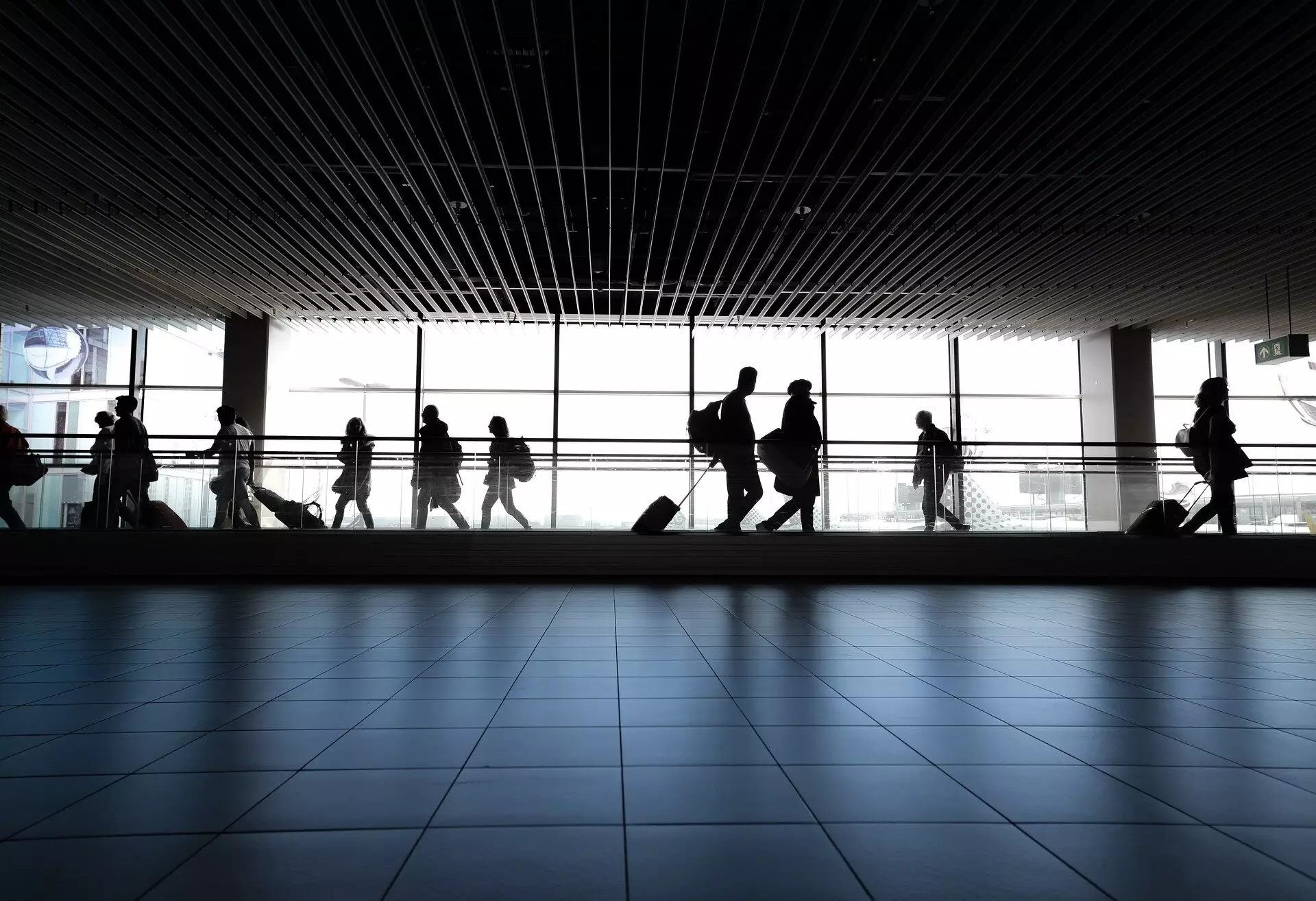Manchester Airport, the third-busiest in Britain, found itself in a state of disarray when over 100 flights were cancelled due to a major power cut on a Sunday. The cancellations affected thousands of passengers, with at least 20 percent of all outgoing and incoming flights being grounded.
Impact on Passengers
The disruption caused by the power cut was felt by many travelers, with some flights being diverted to other airports such as London Heathrow and Birmingham. Passengers were left stranded, facing long queues for security checks and baggage delays. The chaos only added to the frustration of already stressed-out travelers.
Chris Woodroofe, the airport managing director, revealed that the power cut led to problems with airport security and baggage systems. This not only affected the immediate flight schedule but also caused a ripple effect of delays and cancellations. The situation was made worse by the fact that the baggage system remained “inoperable,” leading to further complications.
Recovery and Future Operations
Flights eventually resumed in the afternoon, with Woodroofe expressing hope that operations would return to normal by Monday. However, some airlines, like Jet2, were still facing challenges as they had to cancel dozens of flights and were unable to load bags onto planes. EasyJet also faced hurdles with long security queues and restrictions on cabin luggage. The situation was far from ideal for both the airlines and the passengers.
This incident at Manchester Airport adds to a series of technical and strike disruptions that have plagued the UK travel industry in recent years. From immigration e-gate outages to air traffic control faults, passengers have been subjected to repeated inconveniences and delays. The lack of reliability in the travel infrastructure raises concerns about the overall efficiency and preparedness of the industry to handle such crises.
The chaos at Manchester Airport serves as a stark reminder of the vulnerability of the travel sector to unforeseen events. The disruptions caused by the power cut not only affected the immediate flight operations but also highlighted systemic issues within the industry. As passengers continue to navigate through uncertainties and challenges, it becomes crucial for airports and airlines to prioritize resilience and efficiency in their operations to minimize the impact of such incidents in the future.


Leave a Reply